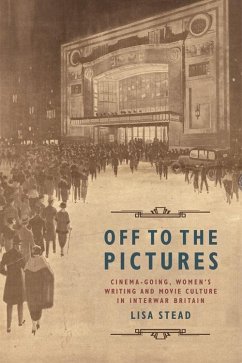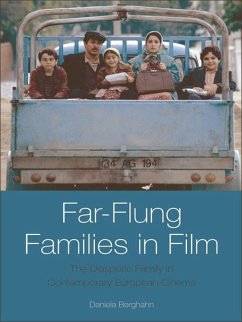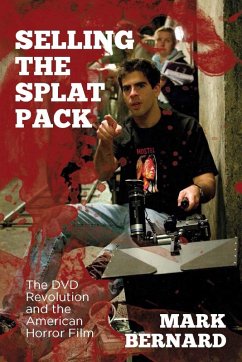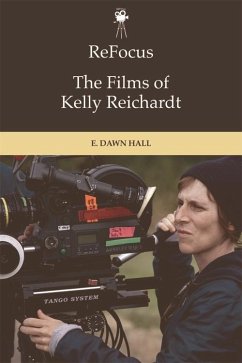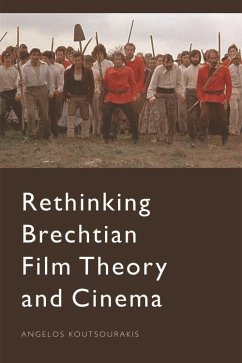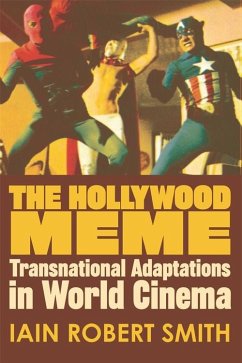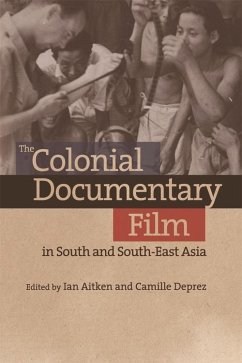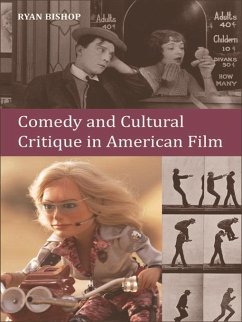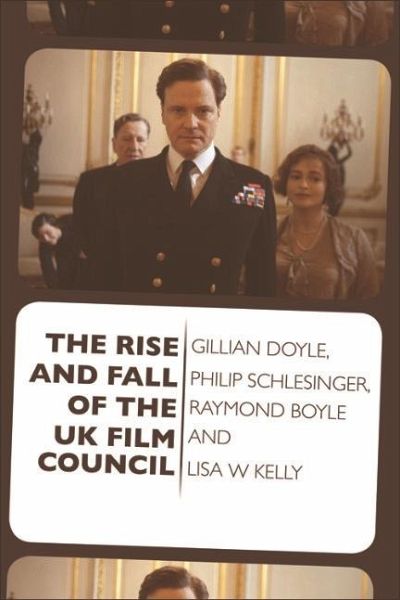
Rise and Fall of the UK Film Council (eBook, PDF)
Versandkostenfrei!
Sofort per Download lieferbar
0,00 €
inkl. MwSt.
Weitere Ausgaben:

PAYBACK Punkte
0 °P sammeln!
A unique study of UK film policy set in its political, economic and international contextsDrawing on interviews with leading film executives, politicians and industry stakeholders, including Alan Parker, Stewart Till and Tim Bevan, this book provides an empirically grounded analysis of the rise and unexpected fall of the UK Film Council, the key strategic body responsible for supporting film in the UK for over a decade. As well as offering a critical overview of the political, policy and technological contexts which framed the organisation's creation, existence and eventual demise, the book pr...
A unique study of UK film policy set in its political, economic and international contexts
Drawing on interviews with leading film executives, politicians and industry stakeholders, including Alan Parker, Stewart Till and Tim Bevan, this book provides an empirically grounded analysis of the rise and unexpected fall of the UK Film Council, the key strategic body responsible for supporting film in the UK for over a decade. As well as offering a critical overview of the political, policy and technological contexts which framed the organisation's creation, existence and eventual demise, the book provides a probing analysis of the tensions between national and global interests in an increasingly transnational film industry, not least underlining how both US and EU interests and pressures have played themselves out. It therefore provides a timely and significant investigation into the contemporary policy environment for film in the 21st century.
Key features
- Examines the objectives the UK Film Council pursued over time
- Provides a thorough analysis of the agency''s success as a model of public support for film
- Suggests what lessons for strategic interventions in film policy can be drawn from the council''s experience
Dieser Download kann aus rechtlichen Gründen nur mit Rechnungsadresse in A, B, BG, CY, CZ, D, DK, EW, E, FIN, F, GR, HR, H, IRL, I, LT, L, LR, M, NL, PL, P, R, S, SLO, SK ausgeliefert werden.




